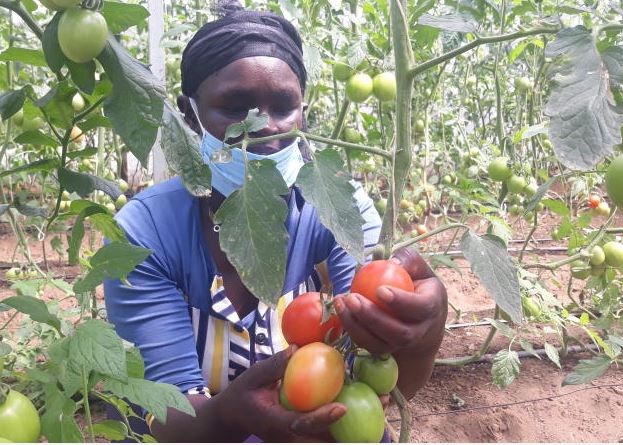×
The Standard e-Paper
Stay Informed, Even Offline

For years, residents of Moi Ndabi village, in Nakuru County depended on the State for food rations.
Whenever it rained, the area is flooded destroying their crops and it gets worse during dry season, making them food insure year in year out.